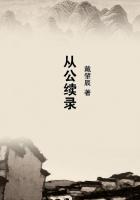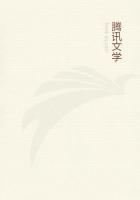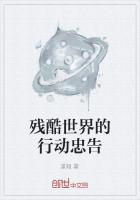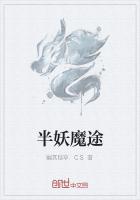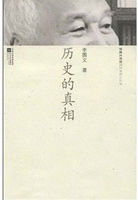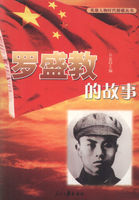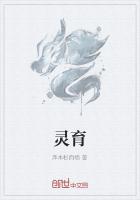History records that the first Romans each maintained his family on two journaux of land, equal to one Paris acre and 330 square feet or thereabouts. They were almost naked, had no wine or oil, lay in the straw, and had hardly any comforts, but as they cultivated intensely the land, which is fairly good around Rome, they drew from it plenty of corn and of vegetables.
If the proprietors of land had at heart the increase of population, if they encouraged the peasants to marry young and bring up children by promising to provide them with subsistence, devoting their land entirely to that purpose, they would doubtless increase the population up to the point which the land could support, according to the produce they allotted for each person whether an acre and a half or four to five acres a head.
But if instead of that the prince, or the proprietors of land, cause the land to be used for other purposes than the upkeep of the people: if by the prices they offer in the market for produce and merchandise they determine the farmers to employ the land for other purposes than the maintenance of man (for we have seen that the prices they offer in the market and their consumption determine the use made of the land just as if they cultivated it themselves) the people will necessarily diminish in number. Some will be forced to leave the country for lack of employment, others not seeing the necessary means of raising children, will not marry or will only marry late, after having put aside somewhat for the support of the household.
If the proprietors of land who live in the country go to reside in the cities far away from their land, horses must be fed for the transport into the city both of their food and that of all the domestic servants, mechanics and others whom their residence in the city attracts thither.
The carriage of wine from Burgundy to Paris often costs more than the wine itself costs in Burgundy; and consequently the land employed for the upkeep of the cart horses and those who look after them is more considerable than the land which produces the wine and supports those who have taken part in its production.
The more horses there are in a state the less food will remain for the people. The upkeep of carriage horses, hunters, or chargers, often takes three or four acres of land.
But when the nobility and proprietors of land draw from foreign manufactures their cloths, silks, laces, etc. and pay for them by sending to the foreigner their native produce they diminish extraordinary the food of the people and increase that of foreigners who often become enemies of the state.
If a proprietor or nobleman in Poland, to whom his farmers pay yearly a rent equal to about one third of the produce of his land, pleases to use the cloths, linens, etc. of Holland, he will pay for these mechandises one half of the rent he receives and perhaps use the other half for the subsistence of his family on other products and rough manufactures of Poland: but half his rent, on our supposition, corresponds to the sixth part of the produce of his land, and this sixth part will be carried away by the Dutch to whom the farmers of Poland will deliver it in corn, wool, hemp and other produce. Here is then a sixth part of the land of Poland withdrawn from its people, to say nothing of the feeding of the cart horses, carriage horses and chargers in Poland, maintained by the manner of living of the nobility there.
Further if out of the two thirds of the produce of the land allotted to the farmers there last imitating their masters consume foreign manufactures which they will also pay foreigners for in raw produce of Poland, there will be a good third of the produce of the land in Poland abstracted from the food of the people, and, what is worse, mostly sent to the foreigner and often serving to support the enemies of the state. If the proprietors of land and the nobility in Poland would consume only the manufactures of their own state, bad as they might be at the outset, they would soon become better, and would keep a great number of their own people to work there, instead of giving this advantage to foreigners: and if all states had the like care not to be the dupes of other states in matters of commerce, each state would be considerable only in proportion to its produce and the industry of its people.
If the ladies of Paris are pleased to wear Brussels lace, and if France pays for this lace with Champagne wine, the product of a single acre of flax must be paid for with the product of 16,000 acres of land under vines, if my calculations are correct.
This will be more fully explained elsewhere and the figures are shown in the supplement. Suffice to say here that in this transaction a great amount of produce of the land is withdrawn from the subsistence of the French, and that all the produce sent abroad, unless an equally considerable amount of produce be brought back in exchange, tends to diminish the number of people in the state.
When I said that the proprietors of land might multiply the population as far as the land would support them, I assumed that most men desire nothing better than to marry if they are set in a position to keep their families in the same style as they are content to live themselves. That is, if a man is satisfied with the produce of an acre and a half of land he will marry if the is sure of having enough to keep his family in the same way. But if he is only satisfied with the produce of five to ten acres he will be in on hurry to marry unless he thinks he can bring up his family in the same manner.
In Europe the children of the nobility are brought up in affluence; and as the largest share of the property is usually given to the eldest sons, the younger sons are in no hurry to marry. They usually live as bachelors, either in the army or in the cloisters, but will seldom be fond unwilling to marry if they are offered heiresses and fortunes, or the means of supporting a family on the footing which they have in view and without which they would consider themselves to make their children wretched.

